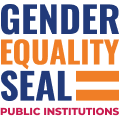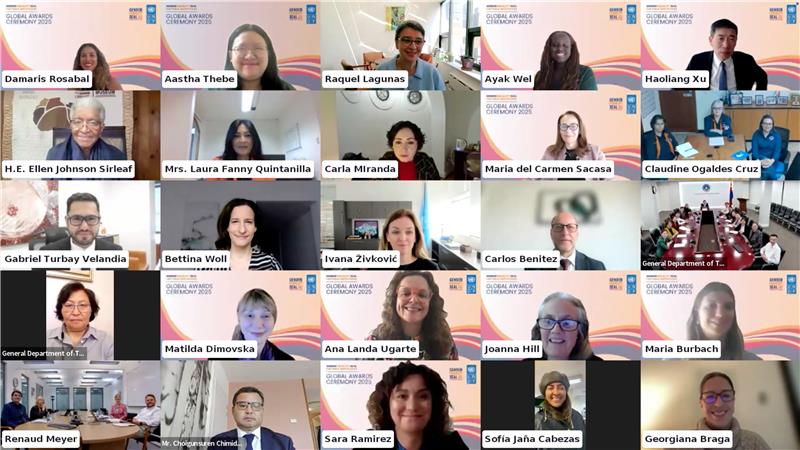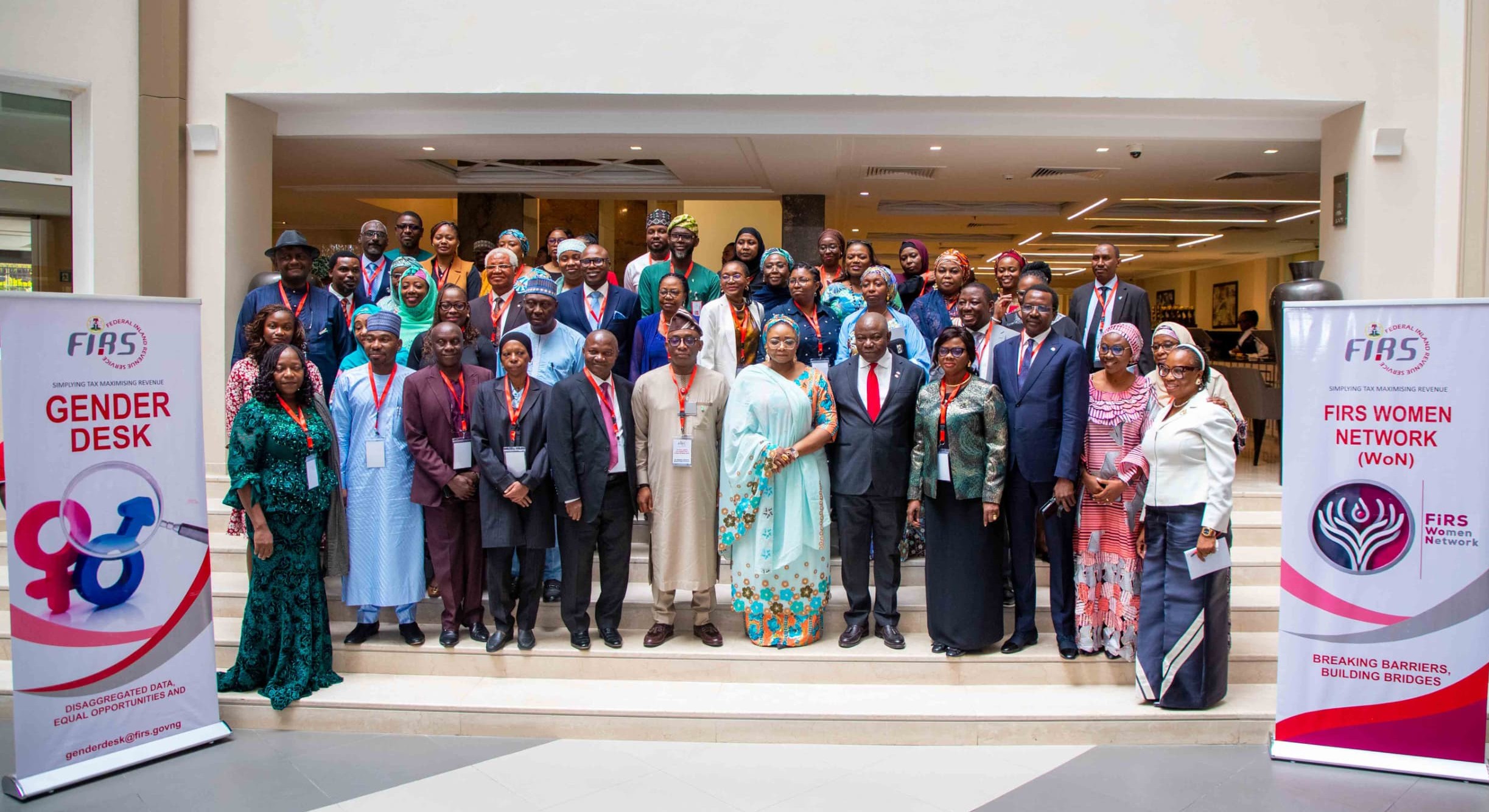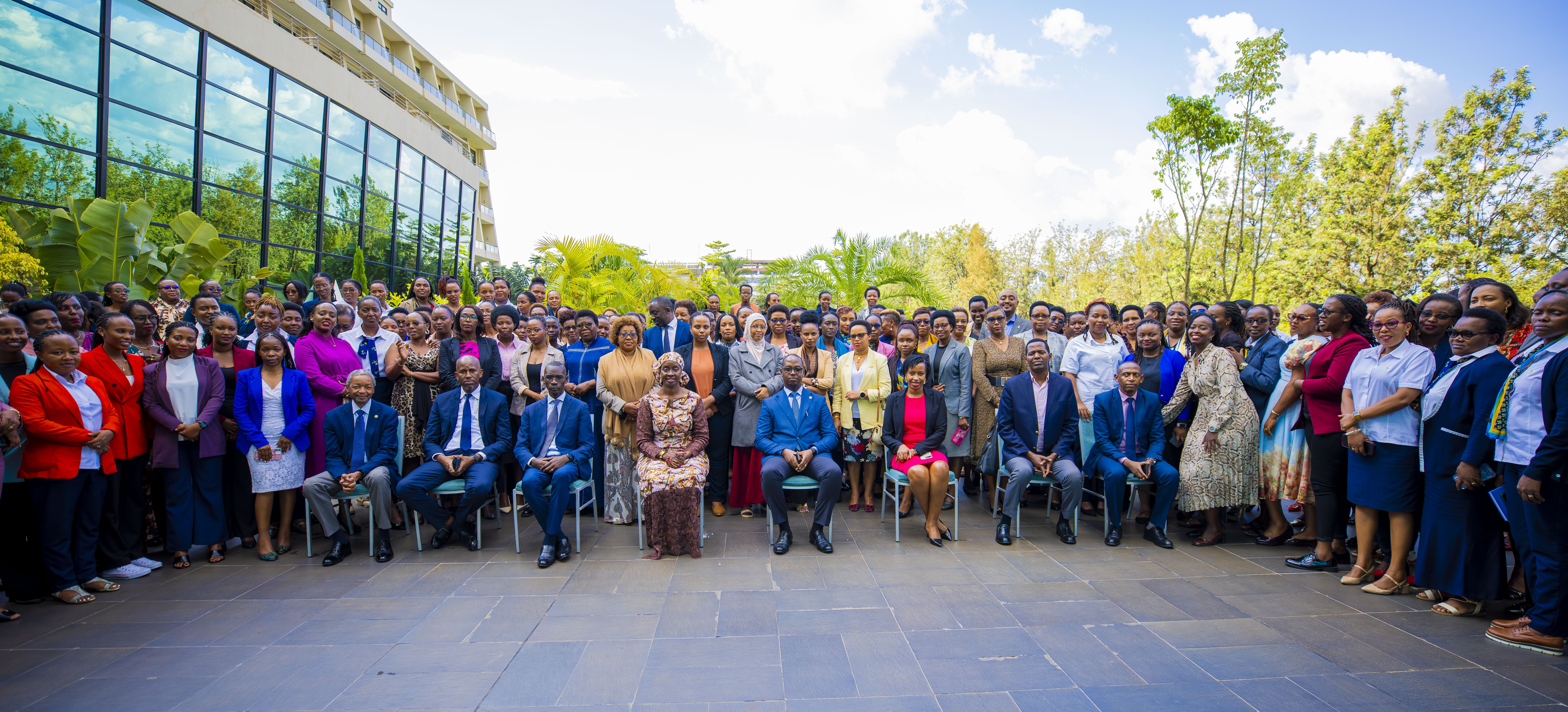
Promoted by the United Nations Development Programme (UNDP), the Gender Equality Seal for Public Institutions seeks to work together alongside public institutions, through tangible strategies, to improve performance, accountability and the scope of public policies in order to achieve gender equality and the empowerment of women, both within the institutions and in their work.
In Latin America, Panama, the Dominican Republic and El Salvador participated during 2019 in the pilot phase of the programme. Starting in 2020, sixteen additional public institutions, from Paraguay, Colombia, Panama and Peru are participating in the initiative today.
Achieving inclusive societies requires a long-term commitment from all actors that are part of society. UNDP recognizes the key role of the public sector in creating equal conditions for women and men, which are critical for the achievement of the Sustainable Development Goals (SDGs), and particularly SDG 5.
In Panama, four public institutions participated in the pilot phase, in conjunction with the National Institute for Women: Panama City Hall, the Panama Channel Authority, the Ministry of Labour and Social Development (MITRADEL), and the National Secretary of Science and Technology (SENACYT). According to the findings, participant public institutions were transformed internally, rethinking practices that had been taken for granted and that maintained or increased existing gender inequalities, and identified and institutionalized good practices for advancing gender equality that had been generated over the years. Currently, UNDP’s Gender Equality Seal for Public Institutions is being implemented in nine public institutions.
Achieving inclusive societies requires a long-term commitment from all actors that are part of society. UNDP recognizes the key role of the public sector in creating equal conditions for women and men, which are critical for the achievement of the Sustainable Development Goals (SDGs), and particularly SDG 5.
In Dominican Republic, the implementation of the pilot of this initiative involved the participation of four of the country’s institutions: The Social Policy Coordination Cabinet of the Vice-Presidency of the Republic; the Ministry of Economy, Planning and Development; the Central Electoral Board and the Dominican Civil Aviation Institute. The experience was considered highly enriching and a significant contribution towards the achievement of gender equality and the empowerment of women in the Dominican State. The media impact generated by the good results obtained by the award-winning institutions has prompted more than twenty public institutions to show interest in joining the initiative.
In Peru, UNDP and the Ministry of Women and Vulnerable Populations (MIMP). launched the call for public institutions. The Municipality of Lima will be the first public entity in Peru to be part of the Gender Equality Seal for Public Institutions, seeking to recognize the efforts of public institutions in the incorporation of practices aimed at closing gender gaps.
Up to now, 37 public institutions from 8 countries around the world have taken part in the Gender Equality Seal for Public Institutions programme, 6 of them from Latin American region. With this initiative, UNDP seeks to contribute to making public policies, programs and services implemented for citizens more inclusive in order to contribute to the achievement of more egalitarian societies that don´t leave half of the population behind.











